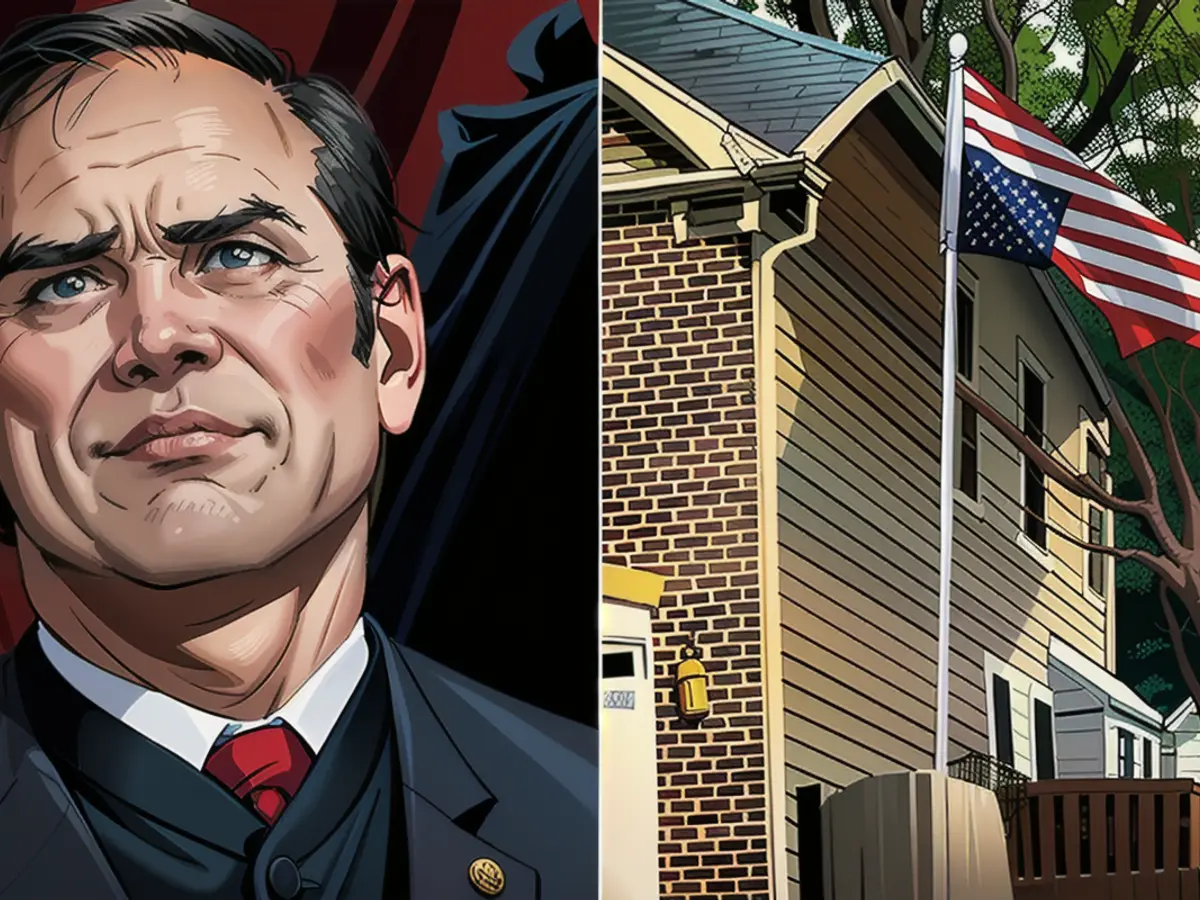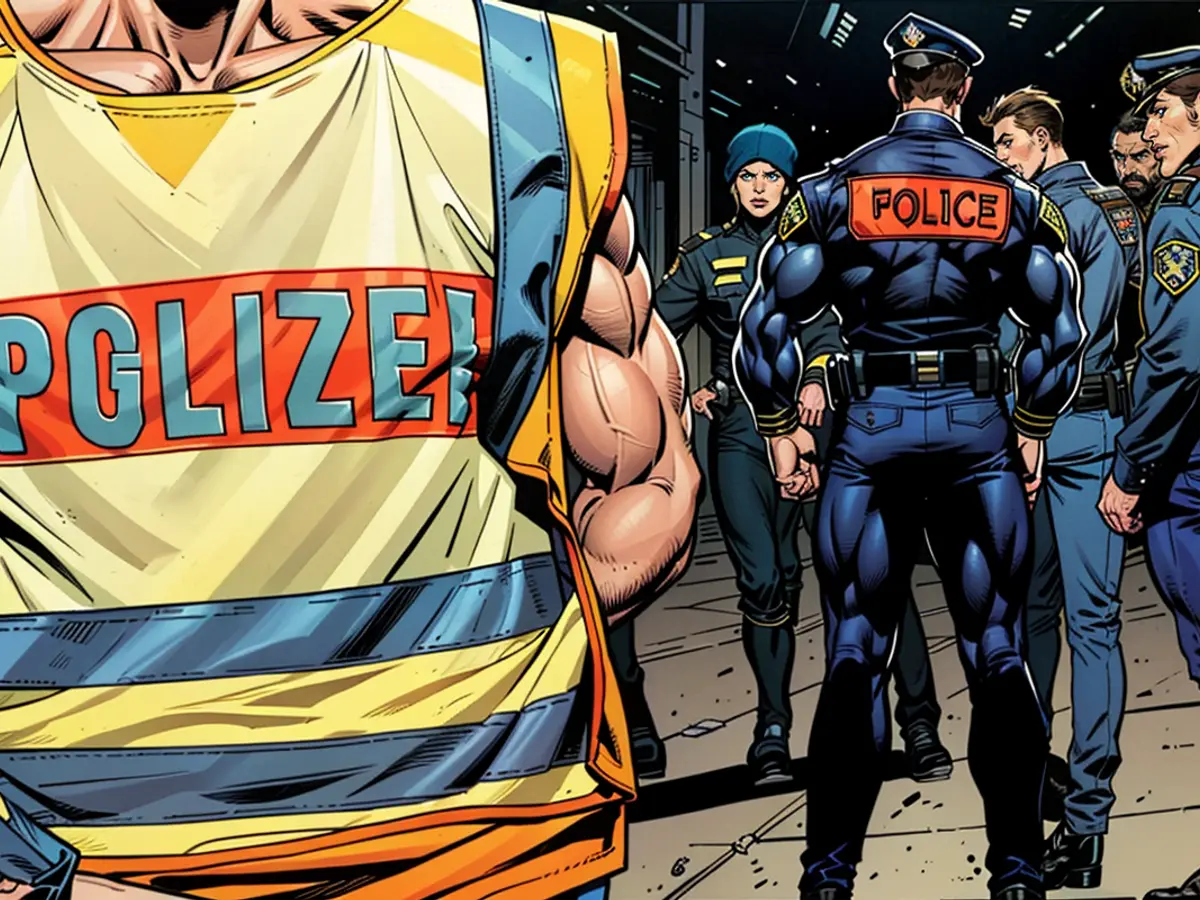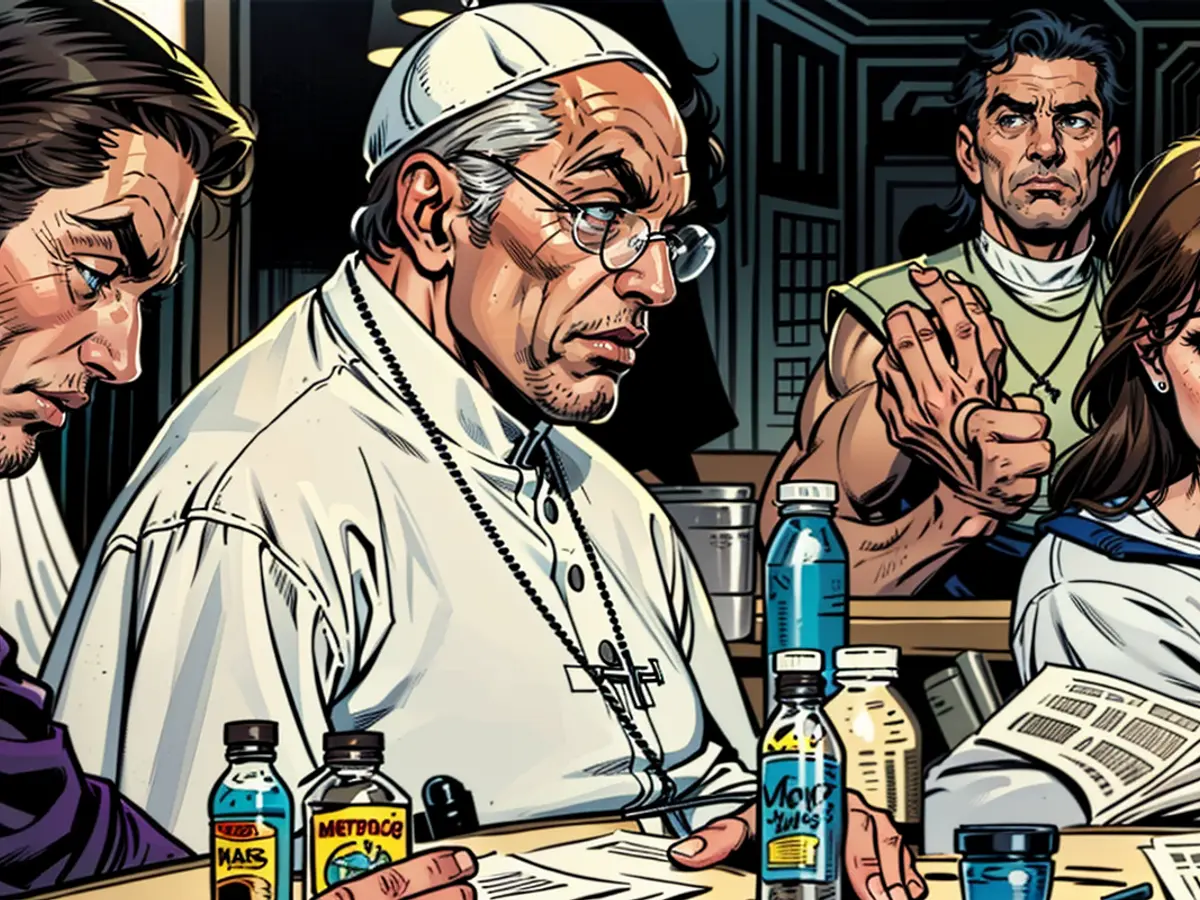Viewpoint: The Flag Disputes Suggesting Insights on the Supreme Court
This week, a fresh scandal surfaced related to Justice Samuel Alito's display of controversial flags. Two years ago, a US flag was flown upside down at his Virginia home, mimicking the style seen among those who claimed the 2020 election was stolen from former President Donald Trump at the Capitol riot on January 6, 2021. The latest incident at his New Jersey vacation residence involved an "Appeal to Heaven" flag, a choice favored by the "Stop the Steal" movement.
Alito insisted his wife hung the first flag amid a dispute with their neighbor, claiming he had no involvement in it. However, many are skeptical of his cover story, raising concerns that the flag could have served a more political purpose. The judge remained mum on the beach house flag.
Alito's situation highlights the broader issue: how open he and his colleagues are about expressing their political opinions and whether those opinions could potentially affect their legal decisions. This comes at a crucial time when the Supreme Court is tackling decisive cases, such as Trump's claims of presidential immunity and the use of an obstruction law for individuals implicated in the Capitol riot.
Softening public perceptions of the court hasn't been smooth sailing. The transformation of the Senate confirmation process, intensified since the '60s, undermined the perception that the justices are above partisan politics. Under Trump, the conservative 6-3 majority bolstered this notion in blue states. The Roe v. Wade overturning decision written by Alito stirred controversy, reinforcing suspicions that the court was pursuing a political agenda cloaked in the term "originalism." This led to 53% of US adults disapproving of SCOTUS's performance, according to one survey by the Annenberg Public Policy Center.
Other issues have further damaged SCOTUS's image. Reports on Justice Clarence Thomas' close ties to a conservative donor whose affluent presents to the justice coupled with criticism about his wife, Virginia Thomas, whose efforts to reverse the 2020 election stoked worries about his impartiality, are just two examples. Thomas's failure to recuse himself from the presidential immunity case sparked outrage. It hasn't been the first time either, as he had previously ignored calls to step aside from a case involving the January 6 insurrection, despite evidence of his wife's involvement.
In response, in November, the court reformed an ethical code, which Democrats argue is weak and provides individual members the power to enforce the rules themselves.
Alito's flag fiasco adds another layer to the court's sagging reputation. Once regarded as a rare bastion of political neutrality, SCOTUS is facing a trust crisis akin to that experienced by other federal institutions since the 1970s and '80s. The dismissive stance of the court, exemplified by their unprecedented secret meetings, only fuels these concerns.
Americans expect the Supreme Court to objectively arbitrate legal disputes, even more so now given Trump's position in the political arena. However, the news regarding the court perpetuates the view that bias might taint its judgments. If left untreated, this could escalate doubts about the judicial system, including SCOTUS.
When Chief Justice John Roberts took charge in 2005, the court exuded greater integrity than today. The 2000 election re-count controversy, though contentious, was not as pernicious as the current issues surrounding the court.
Roberts may be determined to uphold the court's status as an unbiased institution. However, he must urgently take measures to solidify its reliability. If he fails, SCOTUS will join the list of a disenchanted citizenry's mistrusted public sector entities.
Read also:
- This will change in December
- Dikes withstand water masses so far - Scholz holds out the prospect of help
- Fireworks and parties ring in 2024 - turn of the year overshadowed by conflicts
- Attacks on ships in the Red Sea: shipping companies avoid important trade route
Source: edition.cnn.com








